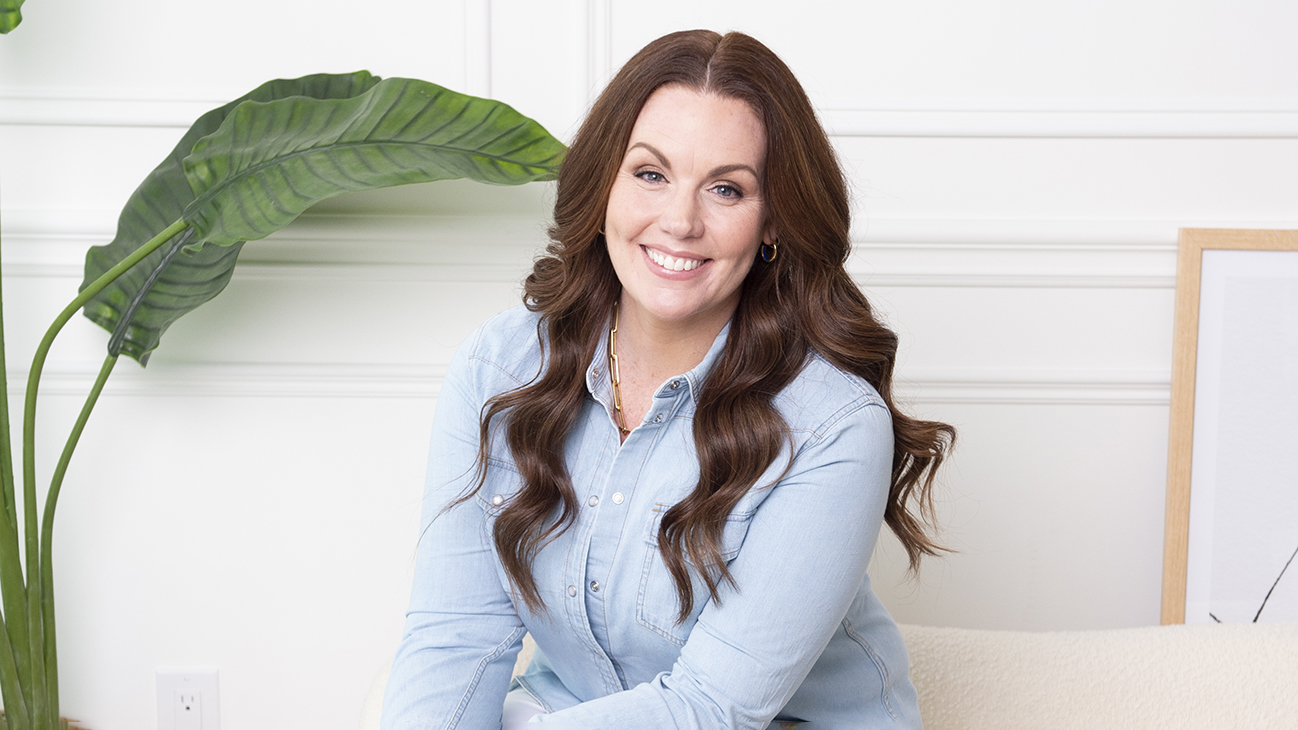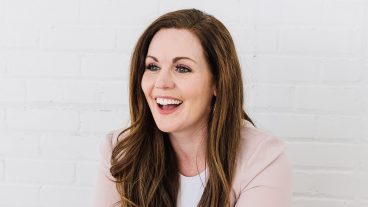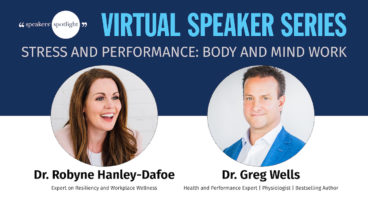While wanting to feel happy is a noble pursuit, those feelings often remain elusive. In the busyness of life, it is hard to make time for things that bring us joy.
Often pursuing happiness brings a poor return on investment of time since life’s stressors can easily rob us of those happy feelings as soon as we turn on the news or open an email. Or we are convinced that our happiness is something that needs to be achieved, which creates the “when-then” trap. When I get the raise, then I will be happy; when I lose those extra holiday pounds, then I will feel happy.
Instead of seeking happiness, my invitation is to practice being kind. The effects of being kind to others, and even with yourself, yield much better results than chasing happiness!
The Benefits of Kindness
Kindness is leaning into a deep trust that people are really trying their best. It is holding space that life is inherently hard, and people have varying degrees of capacity on how they show up. So, meet people with compassion and understanding, and maintain perspective.
Examples of kindness that really resonate with me, are when people give others permission to be themselves, to let go of unrealistic expectations, and be more present. It is honouring all the parts that make up a whole person. I often invite people I work with to “come as you are” and I try my best to let them know that there is a place for them here, as they are.
I also hold a deep appreciation for people who take the initiative. So often people don’t get involved or offer help because they are worried about not doing it right. They don’t know what to say or do, so they don’t say or do anything. Even starting with, “I don’t know what to say, but I want you to know I am here to listen, talk, or just sit with you”, can make a world of difference to a weary heart. Remarkably, when people show up for others in a kind way, both parties benefit.
Research shows that people who are kind are more satisfied with their personal and professional lives, have better physical and mental health, and have stronger relationships. From a neurological perspective, acts of kindness boost serotonin and dopamine, which are neurotransmitters in the brain that give feelings of satisfaction and well-being, and activate the pleasure/reward areas in the brain. Endorphins are also released, which serve as the body’s natural pain killer and help to ease stress and tension.
Ultimately, being kind to others and yourself, creates the ideal environment to feel those “good feeling” feelings, or what is also referred to as happiness.
Kindness Kick-Starters
Be Kind to YOU
Practice using kinder language with yourself first. Notice your internal dialogue. Many of us have some unlearning to do here! Talk to yourself in a helpful and healthy manner and notice the difference in your mood.
Another way to start exploring different ways of showing up for yourself kindly, is starting with relationship repair. We have broken a LOT of promises to ourselves. Give yourself permission to meet your needs now. You have needs and that doesn’t make you needy, it makes you human. And kind humans are exactly what the unwell world needs more of!
Practice Kindness for Kindness’ Sake, Not Personal Gain
If you are doing it to get something from someone, that is not true kindness. Check in with your intentions. False kindness doesn’t feel good and won’t provide the desired benefits.
Practice the Kindergarten Basics
Use your manners, take turns, and wash your hands! Doing the small things well contributes to a kinder environment.
Listen to Understand, Not to Problem Solve
Often when others are talking, we are thinking about what to say back. Tip: if you are the senior person in the situation or at the table, let the junior person speak first. Listening is a form of showing kindness.
Challenge Your Kindness Myths
Many people hold the belief that kindness is a weakness or not professional. Being kind is actually a sign of strength. The person who is showing kindness must be positioned firmly in their own power to help someone else. A kind person has evolved from “me” to “we”, can see the bigger picture, and is not threatened by someone else receiving support or help.
Kindness is often misrepresented as being nice. Nice is about being agreeable or pleasant. I prefer the idea of kindness being associated with goodness. It is not being nice as a means of seeking acceptance or approval of others. It is the idea of being good and decent for the greater good of all.
Kindness also encompasses a generosity of giving consideration that people are truly doing the best that they can with the tools, resources, and lived experience they carry, in the moment.
Kindness Over Perfection
Once we finally let go of trying to be perfect or needing to get everything right, we can get back to being good, and good feels great! So many of us try to be perfect and leave little room for error or mistakes because that is how we try to keep ourselves safe. We tell ourselves, “if I just keep everyone happy, get everything done right, and leave no room for criticism, then I will be safe.”
The reality is that life is inherently messy, complex, and disorderly. Our entire world runs on chaos, yet we hold ourselves to these ridiculous standards. We are building lives with no room for missteps, sickness, or even red traffic lights on our way to work! Taking time to be kind really can remedy this.
As Rom Dass so beautifully said, “at the end of the day, we are all just walking each other home.” And as we walk alongside one another in this unwell world, let kindness permeate our thoughts, our words, and our actions towards others, and, as importantly, to ourselves. Then, we can know happiness.
Described as one of the most sought-after, engaging, thought-provoking, and truly transformative international speakers and scholars in her field, Dr. Robyne Hanley-Dafoe is a multi-award-winning education and psychology instructor. She specializes in resiliency, navigating stress and change, wellness in the workplace, and optimal performance, both at home and work.
Contact us to learn more about Robyne and what she can add to your next event.




